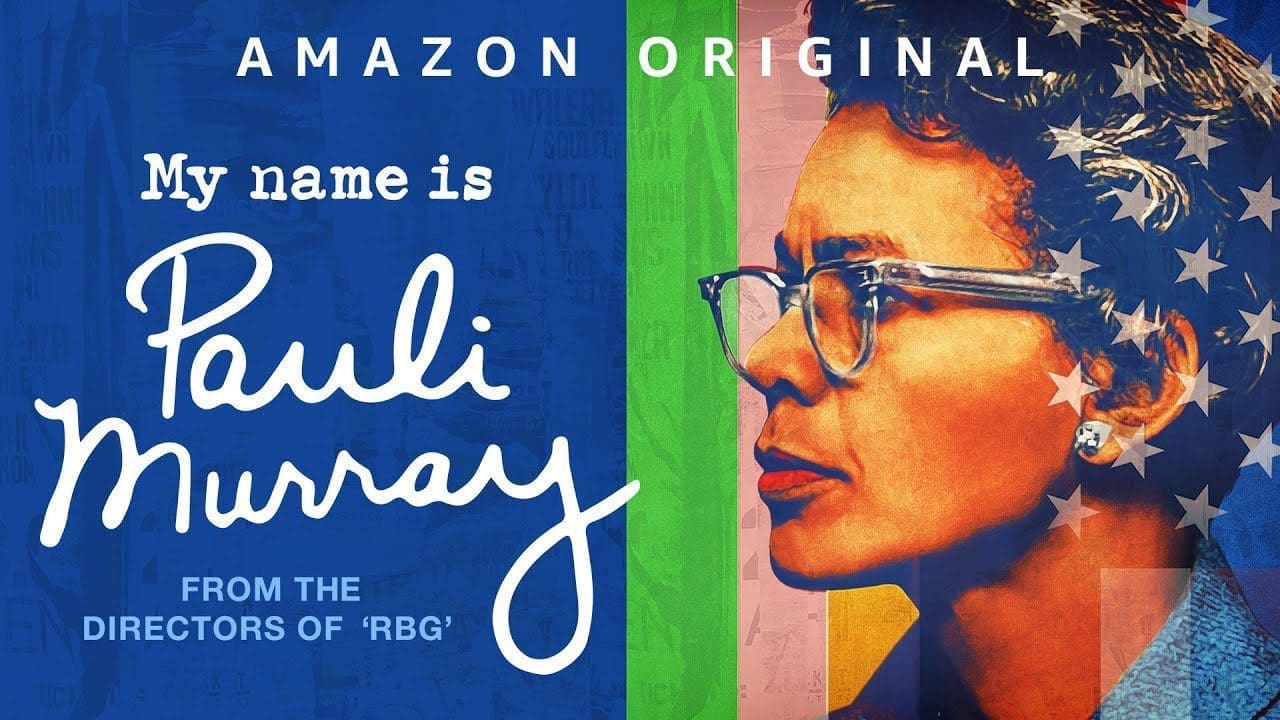It’s not news that modern cinema is chock full of remakes, remasters, and reimaginings. This tactic of rehashing tried and true source material has become more and more popular in recent years, greatly outnumbering truly original screenplays. While many of the films are perhaps more about the money that can be made rather than quality filmmaking, it can also be a great time to revisit those stories with a new vision. For me, the new film adaptation of Frank Herbert’s classic science fiction novel, Dune, falls into the second category.
For those who are unfamiliar with Dune, it is an epic science fiction story on the same order as the Star Wars universe (and clearly had an influence on the genesis of that series). It takes place in the distant future when humankind has expanded into an interstellar empire with a presence on many worlds. This empire is composed of a loose alliance of administrative families called Houses which exist under the tenuous rule of the Padishah Emperor.

The story centers on a rivalry between House Atreides and House Harkonnen on the desert planet Arrakis. The Atreides have been given control of the profitable planet by the Emperor, replacing the vile and oppressive rule of the Harkonnens. However, the Atreides suspect devious intent behind this apparent gift because they doubt that the Harkonnens would so easily give up Arrakis. They hope to turn this scheme on its head by forming an alliance with the Fremen, fierce natives of Arrakis who have been at war with the Harkonnens since their arrival on the planet.
Paul, the heir of House Atreides played by Timothée Chalamet, is just coming of age and learning to hone and accept his supernatural ability to see events that haven’t happened yet. He learns these gifts of foresight under the tutelage of his mother Jessica, who is a member of the coven-like order of the Bene Gesserit and has grand plans for her son’s destiny. As the Harkonnens’ dastardly plot unfolds, Paul and his mother are suddenly thrust into dire straits where they must quickly learn to take command of their surroundings on this new dangerous planet or face certain death.

Dune is an awesome sci-fi blockbuster. As one might expect, the special effects are top-class and truly give you a feel for the perils of the desert planet Arrakis. What sets Dune apart from other films in the same genre is how these visual effects are combined with thoughtful cinematography to lift the entire experience to a higher level. In one scene, a dramatic and green screen-laden encounter is depicted from a claustrophobic ground-level angle that intentionally puts the viewer in the same position of uncertainty as to the characters on-screen.
Another strength of the film is the way it manages the scope of the subject matter. Herbert’s original novel is massive and filled with details and nuance. Even though this film only covers the first half of the book, the task of editing that original narrative to a size that can be captured in 150 minutes is a monumental one. Despite this, the epic scale of the world Herbert created is translated to great effect without bogging the plot down with details the viewer doesn’t really need to appreciate the story. Lifelong fans of Dune will have plenty to relate to, but it is also instantly accessible for everyone else.

When it comes to musical accompaniment in film, Hans Zimmer, who scores Dune, is in a class of his own. When Zimmer does his best work, it is difficult to imagine the movie without the music he has written for it. This is the case here as well. The music here brings to mind Zimmer’s legendary soundtrack for Inception. The sound throughout Dune serves to enhance the experience through every scene of subterfuge and warfare between the Houses Atreides and Harkonnen.
One aspect of this movie that has been prominent in its marketing is the ensemble cast. This casting is a unique and wise choice made by the producers of the film. The story in Dune mostly follows Paul Atreides with a cast of colorful supporting characters that amount to relatively small acting roles. The filmmakers decided to fill these roles with big-name actors, which allows the production to boast a cast including Zendaya, Dave Bautista, Josh Brolin, Javier Bardem, Jason Momoa, and Stellan Skarsgard. Of course, this also has the effect of providing skilled and competent acting at every level. The result is a movie that is both well cast and strongly acted.
I find it hard to come up with criticism for Dune that isn’t nit-picky. It’s a little long, but it could easily be much longer. It definitely isn’t one of those movies where you spend the last third of the runtime waiting for it to end. The plot can be a little cryptic at times, particularly when trying to interpret the visual representation of Paul’s foresight and how it affects the direction the story is going. I imagine this would be exacerbated for people who have no prior familiarity with Dune. Overall though, it’s a great experience for film buffs and lovers of popcorn movies alike. Go see it.
About Dune
Synopsis: Feature adaptation of Frank Herbert’s science fiction novel, about the son of a noble family entrusted with the protection of the most valuable asset and most vital element in the galaxy.
Director: Denis Villeneuve
Writer: Denis Villeneuve, Jon Spaihts, Eric Roth
Stars: Timothée Chalamet, Rebecca Ferguson, Zendaya, Oscar Isaac, Jason Momoa, Stellan Skarsgård, Josh Brolin, Javier Bardem, Dave Bautista, Charlotte Rampling, Chang Chen
Rated: PG-13
Runtime: 2 Hours, 35 Minutes
Releases: October 21st, 2021 (USA)
My name is Kevin and I have been writing about movies with GNN since January 2020. Some of my favorite films are Inception, Django Unchained, American Hustle, and Gladiator. I graduated with a B.A. in Philosophy from Arizona State University in May 2018. I am currently self-employed in e-commerce and live in Tempe, Arizona. In my free time, you can probably find me slinging spells in Magic: the Gathering or dusting off a retro video game console (Super Nintendo is my favorite).




























